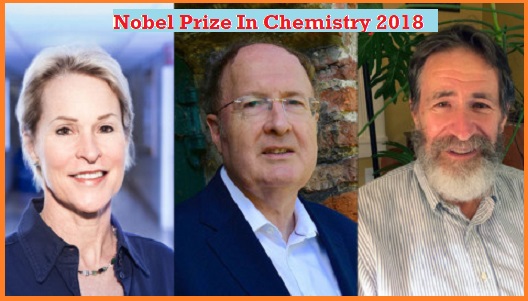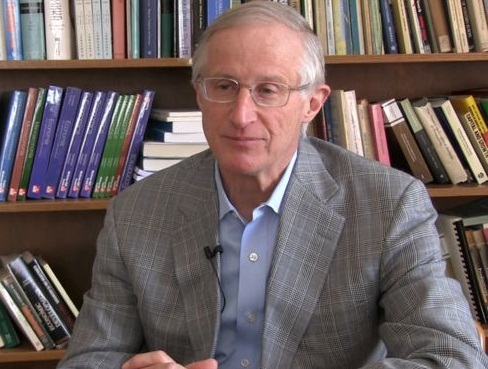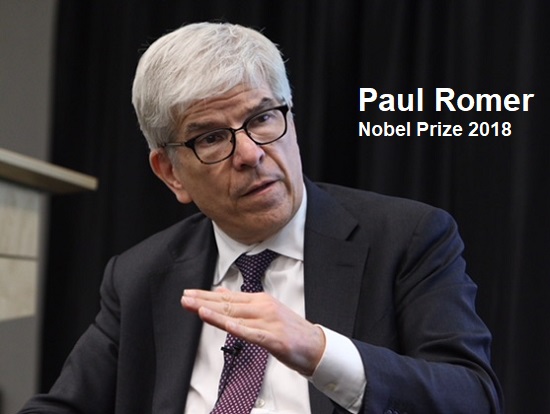Updated By: LatestGKGS Desk
Frances Arnold, George Smith & Gregory Winter Accorded Nobel Prize in Chemistry 2018

Frances H Arnold, George P. Smith & Sir Gregory P. Winter Accorded Nobel Prize in Chemistry 2018: Details, Highlights
The Royal Swedish Academy of Sciences on 3rd October 2018, accorded Frances H. Arnold and George P. Smith & Sir Gregory P. Smith jointly with the Nobel Prize in Chemistry 2018.
Frances H. Arnold received the award “for the directed evolution of enzymes” and George P. Smith & Sir Gregory P. Winter “for the phage display of peptides and antibodies”.
Enzymes produced through directed evolution are used to manufacture everything from biofuels to pharmaceuticals. Antibodies, evolved using a method called phage display, are able to combat autoimmune diseases and in some cases cure metastatic cancer.
All the three laureates used the same principles of genetic change and selection to develop proteins that solve mankind’s chemical problems.
Frances H. Arnold who is from the California Institute of Technology, Pasadena, USA conducted the first directed evolution of enzymes in 1993, which are proteins that catalyse chemical reactions. Since then, she has refined the methods that are now routinely used to develop new catalysts.
George P. Smith who is from the University of Missouri, Columbia, USA developed an elegant method known as phage display, where a bacteriophage, a virus that infects bacteria, can be used to evolve new proteins in 1985.
Gregory P. Winter of MRC Laboratory of Molecular Biology, Cambridge, UK used phage display for the directed evolution of antibodies with the aim of producing new pharmaceuticals.


